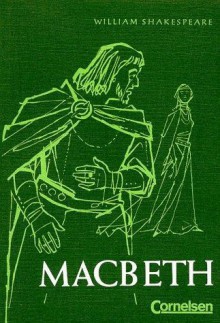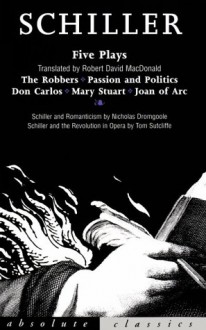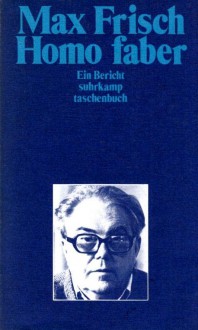
As a sort-of preconception of
The Stranger,
A Happy Death is also its flip-side in which Mersault gets away with pre-meditated murder (as opposed to what we could say is, if I remember correctly, involuntary manslaughter in
The Stranger.)
While Mersault of
A Happy Death is not yet the alienated and detached Mersault of
The Stranger, for he still possesses the ability to be affected and to form attachment, the early seeds of absurdism are present in his quest of finding happiness.
In accord with his – for the lack of a better word – victim’s claim that money cannot buy happiness but it can buy time, which is essential for the pursuit of doing what you want and enabling one to be one’s true self, Mersault discovers that one can only find happiness with oneself, in the very solitude of being oneself.
However, that is easier said than done, as having time does not guarantee happiness per se. To be happy requires being the will to be happy, to immerse oneself in the present, in the here and now, and arrange the time one has to that purpose.
And that state is what Mersault manages to achieve and does in the end meet – although an outside observer would call it all but one – a happy death.
I must say I find these concepts both mind-boggling and intriguing but also agreeable – to an extent; they certainly give one food-for-thought and the desire to revisit them and this novel as well as its eventual and more famous successor.
Additionally,
A Happy Death (as well as
The Stranger, as far as I remember), has a certain ease of language, and I found myself liking the style very much; I particularly loved how Camus uses the wording and pacing to illustrate various settings and Mersault’s states of mind.
My edition came with a lengthy afterword, providing literary analysis I disagree with on several points.
Chiefly, it simplifies Mersault motive for his act of murder merely as greed (and jealousy, which I couldn’t see at all), whereas I saw it at least in equal part as an act – albeit certainly not selfless – of some kind of mercy that can be basically considered euthanasia of the man who per his own admission did not want to live the life he had but lacked the courage and strength to end it himself. (To be clear, I am not exonerating Mersault’s motives, I just think they are more complex that Mr. Sarrocchi would want the reader to believe.)
I also do not think the discrepancies between the autobiographical elements of Camus’s life and their imperfect alignment in fiction should be held against the novel. After all, complete truthfulness to real life is not the measure of quality of fiction.
And lastly, according to Mr. Sarrocchi,
A Happy Death supposedly failed as a novel in terms of form and composition, which must have been the reason it was not published at the time of writing and was later reworked.
Nevertheless, to conclude, I think that in 80 years since the novel’s conception (and 45 since the aforementioned critique’s) the literary landscape has changed enough that we, new readers, can appreciate
A Happy Death from a different perspective and with the experience of the present time which Camus’s work seems to resonate with perhaps better than it did with the time of its origin.
 Couldn't remember if I read this in one of my undergrad philosophy classes. I hadn't, but now I can say that I have.
Couldn't remember if I read this in one of my undergrad philosophy classes. I hadn't, but now I can say that I have. 
 Log in with Facebook
Log in with Facebook 



















